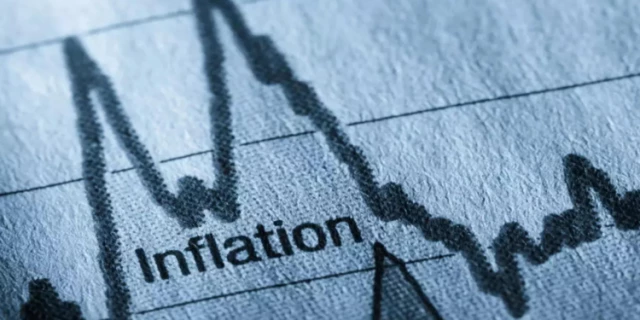Inflationary pressures persist in Nigerian businesses, with up to 49% of companies reporting increased prices of products and services in the past month of September.
The Stanbic IBTC Purchasing Managers' Index (PMI) for September indicates that business conditions in the country remain unfavorable, with a reading of 49.8, below the 50-point threshold, for the third consecutive month.
The report further reveals that the cost of inputs for businesses rose at the sharpest rate in six months, while output decreased during the month.
The report noted that the weakness in the naira for the month coupled with increase in petrol prices exacerbated transportation and logistics cost which was passed on to consumers.
It stated, “Purchase prices rose rapidly amid currency weakness and higher costs for fuel, logistics, materials and transportation. Some firms made efforts to help their workers with higher living costs, but the rate of wage inflation eased to an 18-month low. Higher costs were then passed through to customers, with close to 49% of respondents raising selling prices in September.”
It was reported that although sharp price increases limited customer demand, new orders rose for the second consecutive month in September, slightly exceeding August’s increase. In the month under review, business activity continued to decline marginally as the improvement in new orders was insufficient to boost output, marking the third consecutive monthly decrease in activity.
While output increased in agriculture and manufacturing, it declined in wholesale & retail and services. Employment grew for the fifth month in a row, but only marginally, as some firms limited hiring to reduce costs.
Business confidence fell in September, marking the second-lowest level on record, just above the nadir posted in July. The respondents who were optimistic about the year-ahead outlook attributed their optimism to hopes for improved business conditions and plans for business expansion.
Despite a slowdown in inflation over the past two months, analysts project a rise in September's inflation due to recent developments in the energy and foreign exchange sectors.
The projected increase stems from a renewed weakness in the Naira and the rise in petrol prices by the NNPCL in September.
The Naira closed September at a weaker rate on both the official and parallel markets.
Additionally, the NNPCL increased the pump price of petrol, with some states seeing prices exceeding N1,000 per litre at NNPC retail stations, including the introduction of petrol from the Dangote refinery.




















